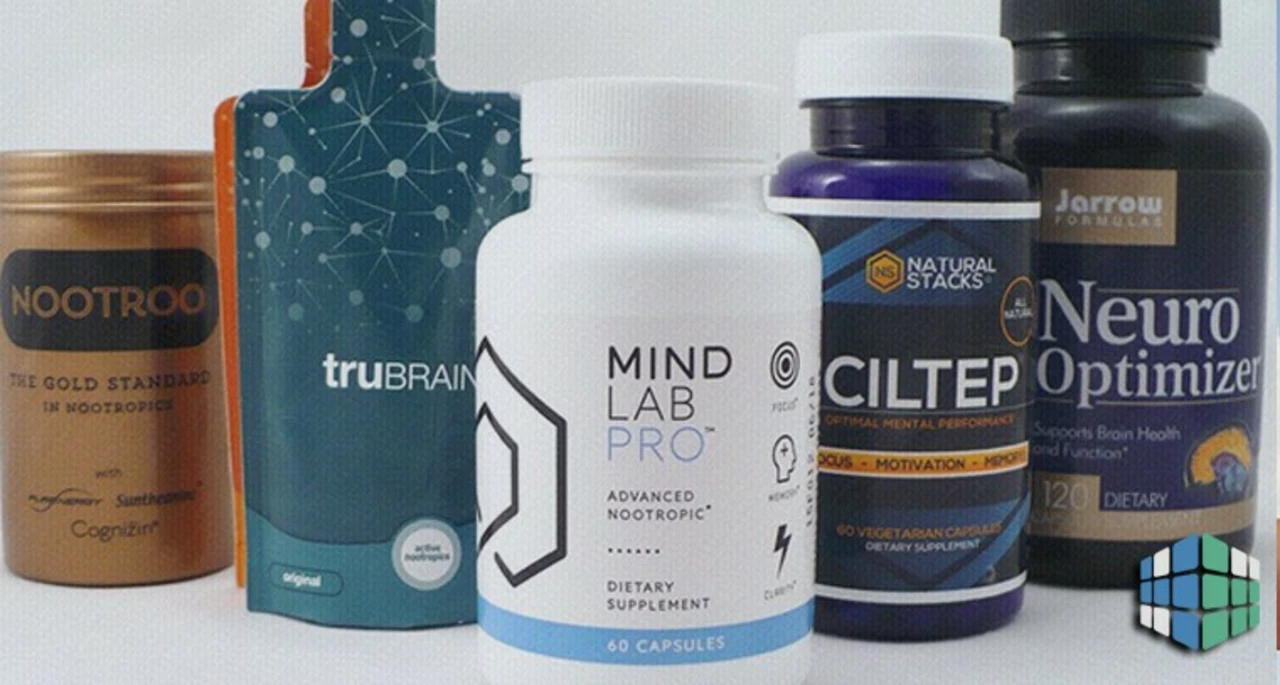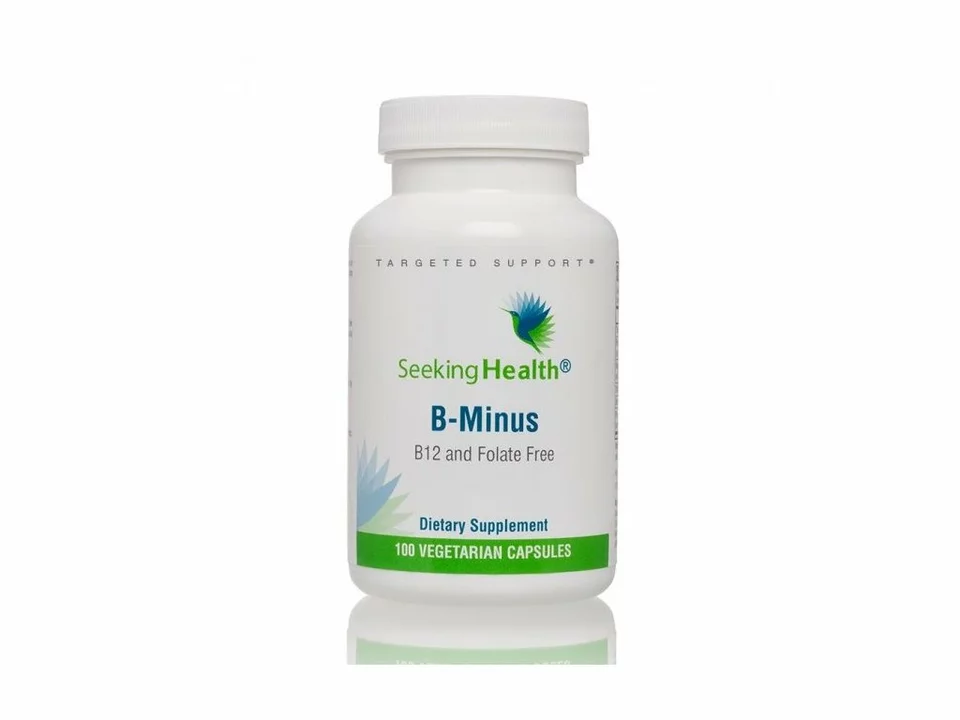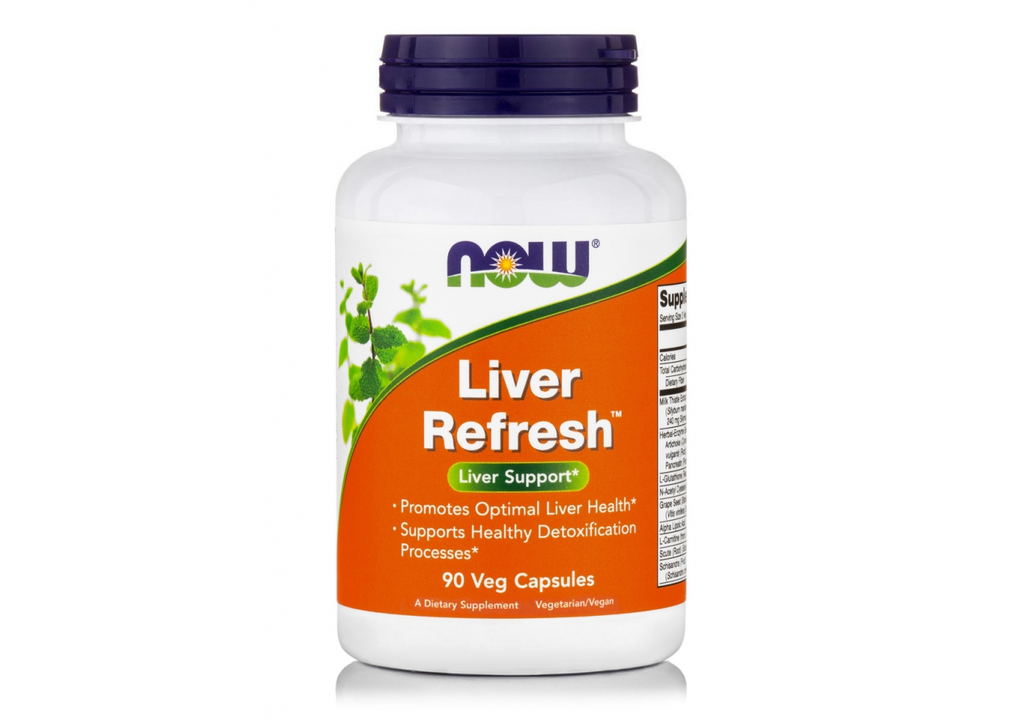Dietary Supplement Guide: What Works, What’s Safe, and How to Buy
Think supplements are harmless? Not always. Some help, some do nothing, and some can interact with medicines. This guide gives practical tips so you can choose supplements that make sense for you without wasting money or risking health.
First, know why you want a supplement. Are you low on vitamin D, trying to support breathing, or testing a trendy extract like Lungmoss or beeswax? Match the product to a clear goal. If a blood test or doctor's advice backs the choice, that's better than buying because of an ad.
How to pick a good supplement
Check the label. Look for the active ingredient, exact dose, and serving size. Avoid vague claims like "supports overall health." Look for third-party testing seals from USP, NSF, or ConsumerLab - they don't guarantee results but reduce the chance of contamination or wrong doses. Prefer products that list full ingredient amounts instead of "proprietary blends."
Be realistic about doses. More isn't always better. If a supplement gives a dose far above common recommendations, ask why. For example, extra zinc can help a cold but too much can cause nausea and interfere with copper. If you take prescription meds, check for interactions - St. John's wort, grapefruit, and high-dose fish oil can affect drug levels.
Where to buy and how to use
Buy from reputable sellers. Established pharmacies, well-known retailers, or brands with clear contact info are safer than unknown online shops. Read reviews, but don't rely only on star ratings. Look for detailed user reports and return policies. When buying online, keep the receipt and batch number in case of recalls.
Start with a trial period. Use the supplement for a set time (often 4-12 weeks) and track changes like sleep, energy, symptoms, or side effects. Stop if you notice new symptoms. Store bottles in a cool, dry place and keep them away from kids. Follow dosing instructions - some supplements are best with food, others on an empty stomach.
Watch for red flags: big promises ("cures," "miracle"), secret ingredients, extremely low prices, or pressure to buy now. If something sounds too good to be true, it often is. For conditions like heart disease, asthma, or epilepsy, don't replace prescribed treatment with supplements without talking to your doctor.
Want targeted reading? On this site you'll find articles about Lungmoss for lung health, beeswax supplements, and safe ways to buy meds online. Use them to learn specifics, but pair that info with your doctor's advice and lab tests when possible. Thoughtful choices keep you safer and make supplements more likely to help.
Talk to a pharmacist if you have questions about dosing or interactions - they can check against your prescriptions quickly. Keep a simple log of any benefits or side effects, and review it with your clinician. Remember, supplements can fill gaps but they don't replace a balanced diet, sleep, or proven medical treatments. Use supplements as part of a plan, not as a fix.

Unleash the Potential of Pyruvate: The Dietary Supplement Transforming Lives
- 13 Comments
- Mar, 15 2025
Pyruvate is gaining attention as a dietary supplement with potential benefits for weight loss and energy enhancement. By playing a role in your body's metabolic processes, it could help torch fat and boost stamina. Discover how pyruvate works, its possible advantages, and what to consider when adding it to your regimen. As more people explore natural ways to support their fitness goals, understanding pyruvate's role becomes increasingly relevant.

Discover the Benefits of German Sarsaparilla for Fitness Enthusiasts
- 20 Comments
- Sep, 8 2024
German Sarsaparilla is gaining prominence in the world of fitness. Learn why this herbal remedy is a must-have supplement for fitness enthusiasts. Dive into its history, benefits, and practical tips on how to incorporate it into your daily routine.

Nutmeg: The Dietary Supplement Revolutionizing Health and Wellness
- 15 Comments
- May, 11 2024
Discover how nutmeg, a common spice, is taking the health and wellness world by storm. Learn about its powerful benefits, various uses, and how it can improve your wellbeing. This article uncovers the science behind nutmeg and offers practical tips to incorporate it into your daily routine.

Elevate Your Fitness Journey with Mountain Laurel: The Dietary Supplement That Delivers Results!
- 17 Comments
- Jun, 2 2023
As a fitness enthusiast, I've recently discovered Mountain Laurel, a dietary supplement that has truly elevated my fitness journey. This game-changer supplement delivers impressive results by boosting energy levels and supporting overall health. What I love most is that it's made from natural ingredients, ensuring that I'm fueling my body with the best nutrients. Since incorporating Mountain Laurel into my daily routine, I've experienced significant improvements in my workouts and recovery time. I highly recommend giving Mountain Laurel a try to anyone looking to take their fitness game to new heights!

Why Thiamine is the Must-Have Dietary Supplement for Optimal Health
- 15 Comments
- May, 13 2023
As a health enthusiast, I've recently discovered the importance of thiamine for optimal health. Also known as vitamin B1, thiamine plays a crucial role in energy production and supports brain function. After researching, I found out that deficiencies in thiamine can lead to fatigue, memory problems, and even heart issues. To maintain a healthy lifestyle, I've started taking thiamine supplements, and I genuinely feel the positive impact on my overall well-being. If you're looking to boost your health, I highly recommend adding thiamine to your daily supplement routine.

Why Fever Bark is Your New Must-Have Dietary Supplement for Optimal Health
- 12 Comments
- May, 10 2023
I've recently discovered an amazing dietary supplement called fever bark, and it's quickly become a must-have for my health routine. This natural remedy, derived from the bark of the cinchona tree, is packed with numerous health benefits. It has been known to boost our immune system, reduce inflammation, and even help with digestion. Plus, it's an excellent source of quinine, which has been used for centuries to treat malaria. I can't recommend fever bark enough for anyone looking to optimize their health in a natural and effective way.




